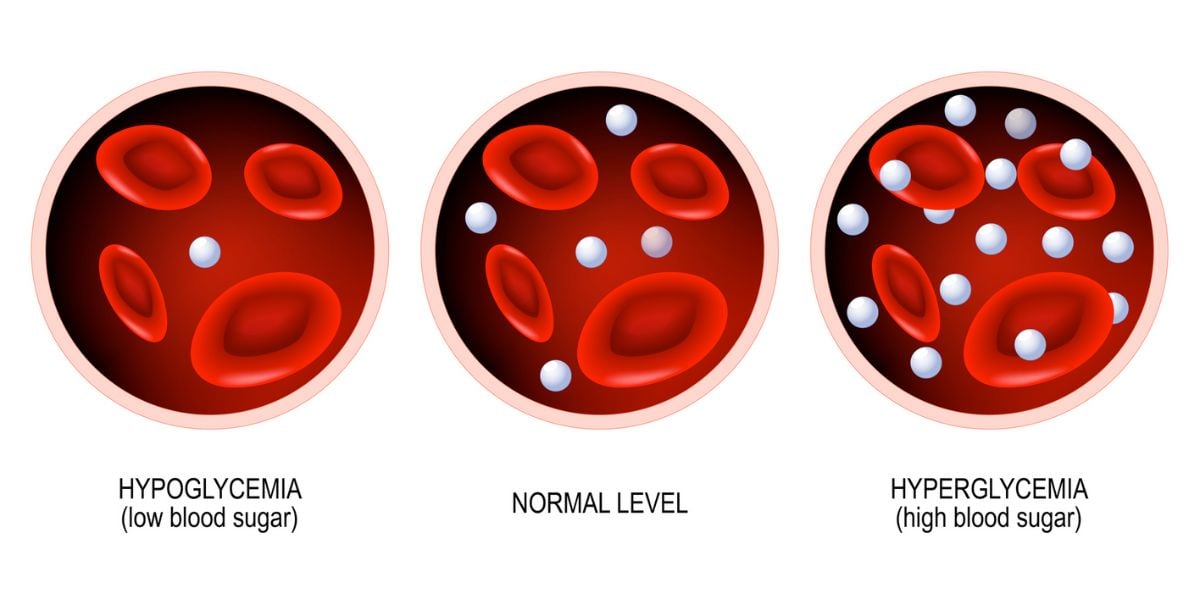Effective management of diabetes cannot be achieved without an appropriate diet.
People with diabetes represent a large subsection of society and there will be range of variety in terms of dietary requirements from person to person.
As a result, there is no one diabetic diet that will work for everyone and people should pick a diet that matches their individual needs.
Ideally, patients with newly diagnosed diabetes should receive advice from a dietitian soon after diagnosis.
Which diet is right for me?
There are a wealth of diets that have proved to be either popular with or of interest for people with diabetes.
We’ve compiled some of the more prominent of these diets, looking at both the benefits and disadvantages of each diet.
- Diet for type 1 diabetes
- Diet for type 2 diabetes
- 5:2 diet
- Acid-alkaline diet
- Atkins diet
- Carbohydrates and diabetes
- Carnivore diet
- DASH diet
- Detox diet
- Dukan diet
- Gluten free diet
- Glycemic index diet (GI diet)
- Glycemic load
- Ketogenic diet
- Low calorie diet
- Low carb diet
- Low carb high fat diet
- Low fat diet
- Meal replacement diet plans
- Mediterranean diet
- Newcastle study diet
- NHS diet advice
- Paleolithic diet
- Raw food diet
- South beach diet
- Vegan diet
- Vegetarian diet
- Very low calorie diet
- Zone diet
What are the aims of dietary advice?
When you receive advice from your doctor or diabetes team about your diet, they will often make suggestions in order to:
- Provide a knowledge of healthy eating
- Encourage lifestyle changes in order to reduce obesity and ensure optimal weight
- Maintain blood glucose and lipids as near normal as possible
- Reduce the acute (short term) complications of diabetes such as hypoglycemia and hyperglycemia
Dietary Goals
- Ensure an adequate and balanced nutritional intake
- Limit rapidly absorbed carbohydrate intake
- Monitor body weight encouraging weight maintenance and weight reduction when necessary
- Avoid hypoglycemia
Weight Reduction
If you are carrying extra weight, and are classed as either overweight or obese, weight loss has been shown to improve insulin sensitivity and glucose tolerance.
Modest weight loss of 5-10 kg in one year can significantly improve health outcomes.
General guidance on healthy eating
General guidance on healthy eating from the NHS will generally be based upon the following set of guidelines:
- Increasing intake of low GI carbohydrate foods
- Increasing fruit and vegetable intake.
- Reducing saturated fat intake
- Reducing sugar intake
- Reducing salt
- Safe and sensible alcohol consumption
The NHS advice on carbohydrate intake in particular has met a fair amount of criticism from people with diabetes.
Read more on the debate surrounding NHS dietary advice
Lifestyle
Patients should follow dietary advice as part of lifestyle modification including appropriate exercise regimes and smoking cessation.






